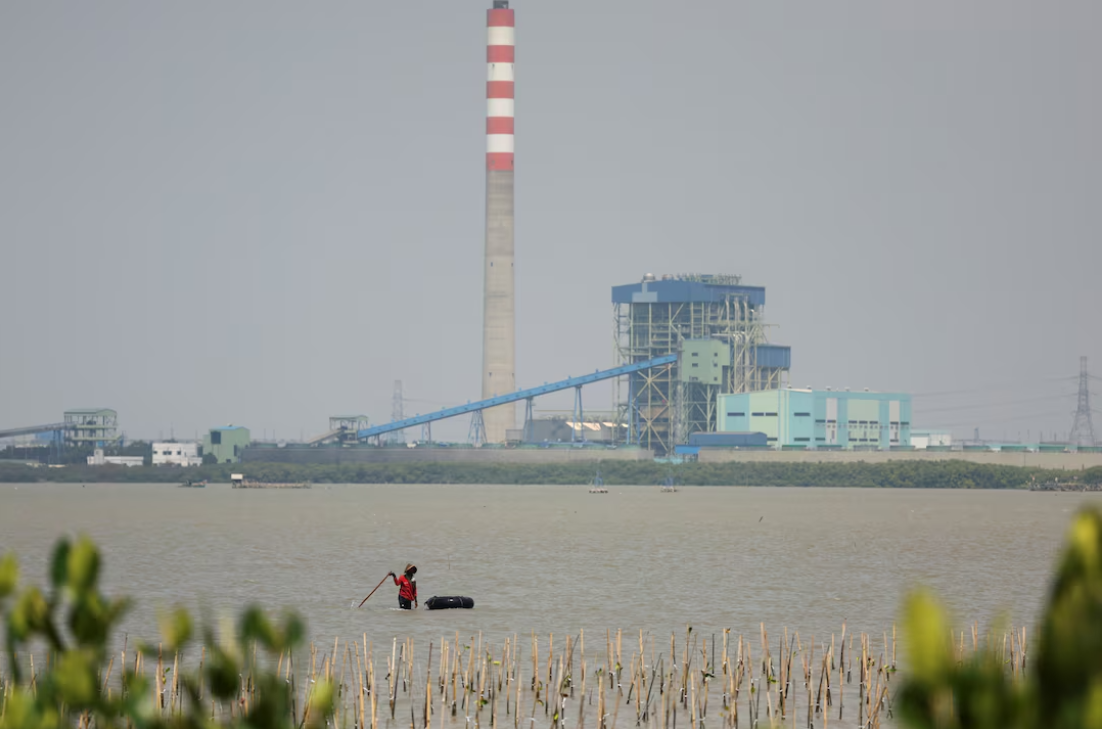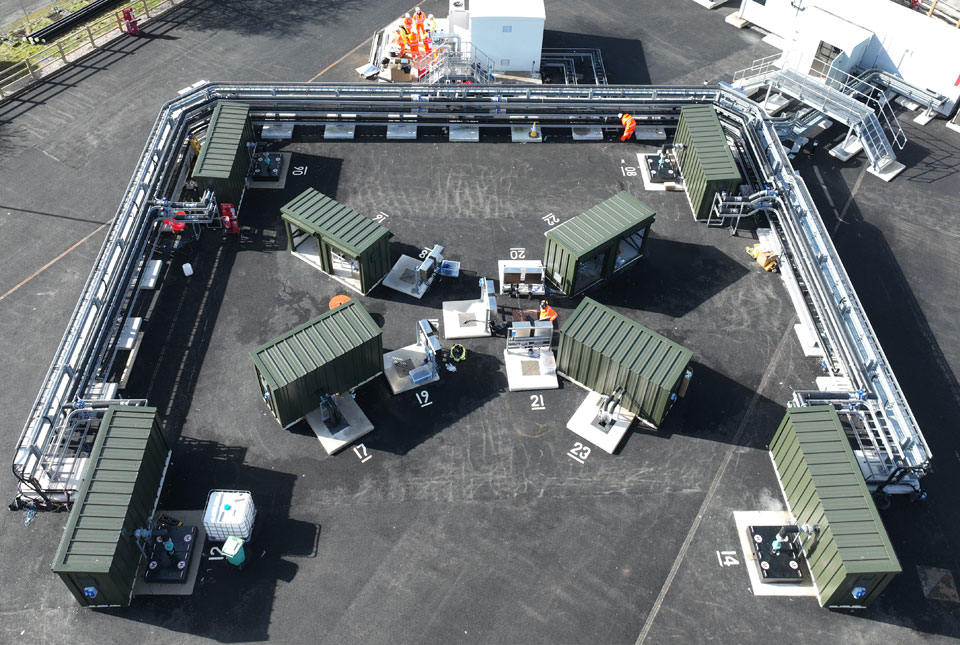
The push against coal comes under the Just Energy Transition Partnerships (JETPs) with Indonesia, Senegal, South Africa and Vietnam that call for billions of dollars in investments, grants and loans from G7 members, multilateral banks and private lenders to help them transition to low-carbon economies.
Cutting emissions from coal, the dirtiest fossil fuel, is seen as a crucial element of the JETPs if the world is to stave off the worst impacts of climate change.
But a deal on the early shutdown of coal power plants in South Africa remains elusive amid its struggles with rolling blackouts, and hope for proof of concept has turned to Indonesia's 660 megawatt Cirebon-1 plant in West Java province, 220 km (140 miles) east of capital Jakarta.
The legal and financial implications of closing Cirebon-1 are a stumbling block though. Jakarta is worried, too, that costs for replacing it with renewable energy could reach $1.3 billion, mostly in subsidies to cover more expensive renewable power generation, according to the finance ministry.
A new government is taking office in October as well and that could further dent the chance of a deal on Cirebon, said Fabby Tumiwa, a renewables expert and member of the technical team advising Indonesia on its JETP.
"If this is not signed before Oct. 20, I am worried that this matter will be overlooked," Fabby said, citing calls by President-elect Prabowo Subianto for self-sufficiency and energy security that suggest a commitment to coal, which generates two-thirds of Indonesia's electricity.
Prabowo, who takes office on that date, has not commented on Cirebon and has rarely discussed his energy policy, though the retirement of coal power is mentioned in his campaign pledges.
Prabowo's team has not responded to requests for comment.
Under Indonesia's JETP, richer nations have pledged $20 billion to help the Southeast Asian nation with its energy transition, although little of that money has been disbursed.
Earlier this month, Finance Minister Sri Mulyani Indrawati said the outgoing government was trying to close the Cirebon deal as soon as possible, without giving details.
David Elzinga, team leader for the Asian Development Bank's regional Energy Transition Mechanism programme that is working on the early shutdown scheme, said his group was seeking a binding deal on Cirebon acceptable to both the outgoing and incoming administrations.
"Indonesia has positioned itself to be a leader ... It's really important now that we get the deal done," Elzinga said.







